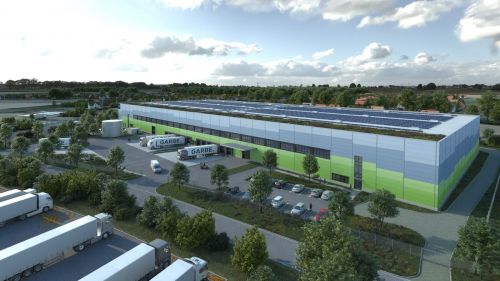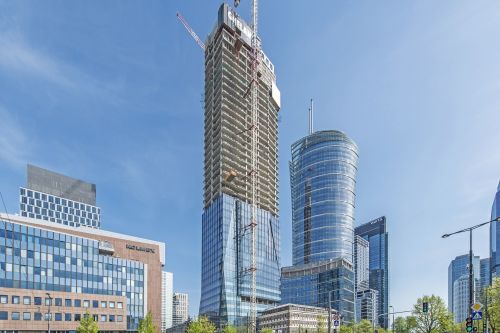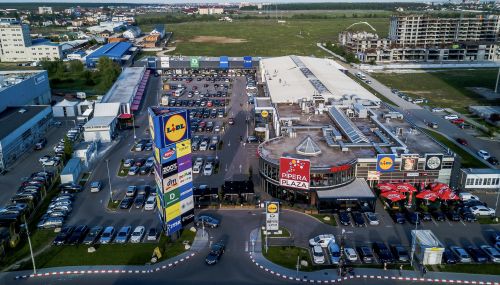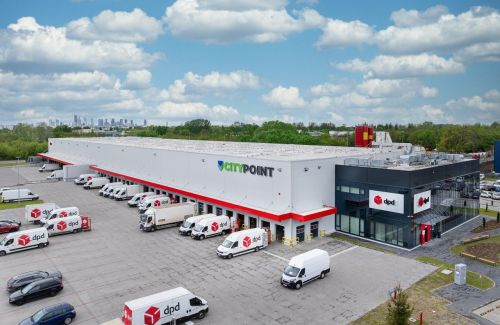Warsaw landlords eager for early lease renewals

Landlords of Warsaw’s office buildings don’t want to stand idly by as hundreds of thousands of square metres of new office space are comes onto the market in upcoming months. They will go the extra mile to retain their tenants and propose renegotiations and lease extensions well before they expire. The typical lease length on the office market is five years and – in line with good market practice –tenants that want to stay on should start talking to their landlords a year or a year and a half before their lease ends. Some landlords are now suggesting that parties to a lease agreement should sit down at the negotiating table halfway through the lease term.
A longer lease for me, savings for you
Through lease renegotiations landlords want to secure long-term income streams wherever possible. Therefore, the longer the lease, the more the tenant will get. This is a major difference between negotiating a new lease and a renewal. Here the parties already know each other, and a tenant who pays the agreed rent regularly is a stable and trustworthy partner for the landlord. A new client must always be vetted. Most leases are renewed for another three to five years, some for seven. Longer leases have been reported, but are quite scarce.
A tenant signing another lease expects tangible benefits. A lower base rent is neither the only nor the biggest saving. An experienced advisor can help bring rental costs down by 25 pct or more compared to the first lease. The biggest savings in euro terms come from rent-free periods, fit-out contributions and financial contributions in cash.
Give yourself some time
Despite landlords becoming increasingly active, market practice is that it is the tenant who most often signals its intention to stay on. To delay communicating this to the landlord would be the biggest mistake of all. A late start will always weaken a tenant’s bargaining power in lease renegotiations. If a lease is due to expire in, say, half a year, the landlord is perfectly aware that the tenant has to make concessions to remain in the building because he won’t have time to lease new space or get it fitted out. The whole process takes about a year to complete, of which four to six months are for the office fit-out and adjusting it to the tenant’s requirements. That’s why we always advise our clients to begin renegotiations early and to keep looking for alternative market options at the same time. Being aware of all the options, the tenant can make the best decision whether to stay on or to vacate a building. This also sends a clear message to the landlord: the tenant is a client for the entire market, not of just one building.
A new opening
Renegotiations are always an opportunity to reopen a lease and to begin discussions. The experience of operating within a building makes companies wiser and they can work out what does not work for them and what they want to change. During negotiations tenants can ask for some provisions to be added or removed in order to safeguard their interests better. It is also advisable to think about future needs to make sure they are catered for in the lease.























































An open door to redefining the commercial real estate market in Poland
An open door to redefining the commercial real estate market in Poland
The investment slowdown in the commercial real estate sector that we have been observing in Poland for over a year is primarily the result of the tightening of monetary policy arou ...
Walter Herz
The retail sector is not slowing down
The retail sector is not slowing down
The pandemic, conflict in Ukraine as well as inflation and high interest rates that recent years have brought have reshaped the real estate market around the world. The global slow ...
Walter Herz
Retail parks – current opportunities
Retail parks – current opportunities
Over the last few years, retail parks in Poland were mostly developed in smaller formats, around 5,000 sqm, either adding to the existing retail landscape or introducing modern ret ...
Avison Young